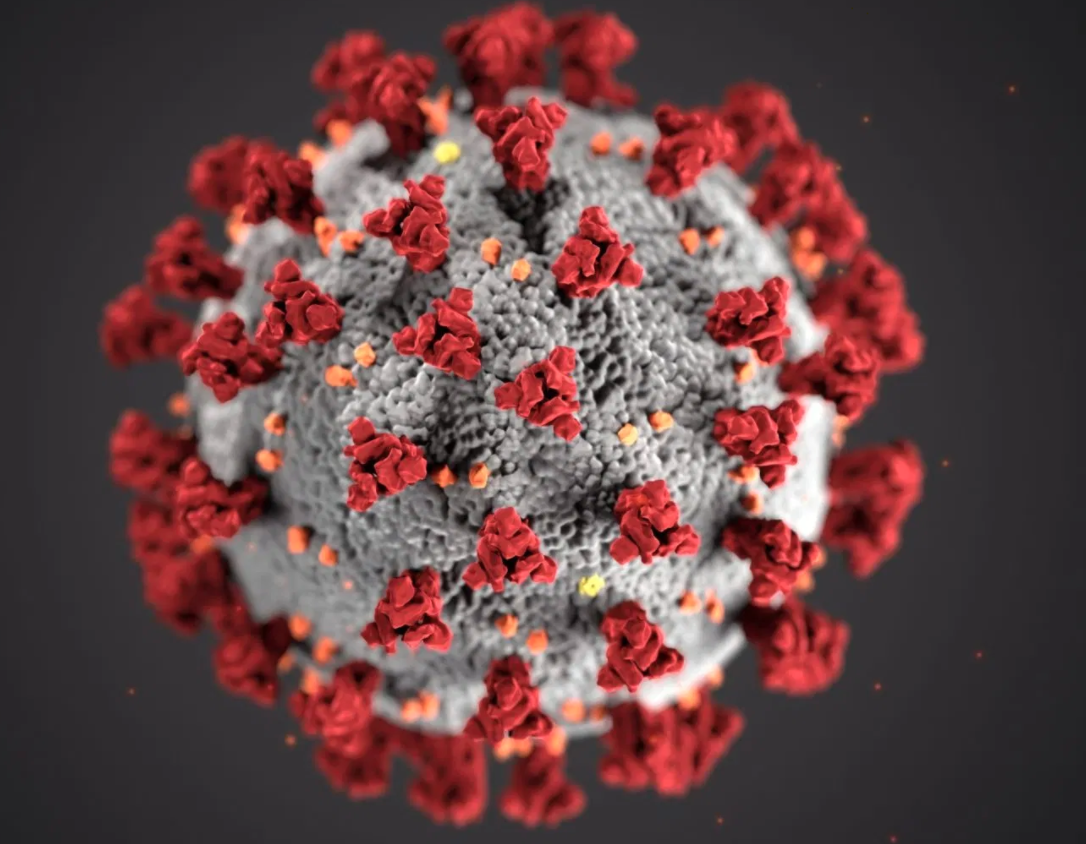 Covid-19 is spiking everywhere. Entire countries are reverting to hard lockdowns. Current disease spread shows that staged re-openings ordered by governments have been premature. As a result, in most countries, infections now are far higher than they were when lockdowns were first imposed back in the spring. In light of all this, what do the recent announcements of 95% effective vaccines mean? Are we about to win the battle against Covid-19 or not?
Covid-19 is spiking everywhere. Entire countries are reverting to hard lockdowns. Current disease spread shows that staged re-openings ordered by governments have been premature. As a result, in most countries, infections now are far higher than they were when lockdowns were first imposed back in the spring. In light of all this, what do the recent announcements of 95% effective vaccines mean? Are we about to win the battle against Covid-19 or not?
It’s complicated.
The fact that vaccines have been developed that are about 95% effective in preventing Covid-19 is a great and immensely hopeful thing for the people of the world. This is something we can all rejoice about. However, there is a big difference between seeing the light at the end of the tunnel and being at the end of the tunnel. There is still a long and tortuous process before a safe and effective vaccine can be administered to enough people around the world to drive the SARS-Cov-2 virus to extinction.
In the United States, as in other countries around the world, there is a strict regulatory process that must be negotiated by any new treatment or drug before that treatment or drug is approved for widespread use. This is to protect people from the potentially horrific consequences of an inadequately understood side effect. The classic example is the prescribing of the drug thalidomide to pregnant women who were experiencing morning sickness. It alleviated the morning sickness, but also caused terrible deformities in thousands of their unborn children.
 What steps must be taken for a vaccine or other drug to be approved by the relevant authorities?
What steps must be taken for a vaccine or other drug to be approved by the relevant authorities?
Vaccine manufacturers are seeking emergency use authorizations (EUA) in the United States, to bypass the usual process, which can take months or even years. Even taking the EUA route can be slowed down by roadblocks at multiple points.
- Vaccine manufacturer submits EUA application to the Food and Drug Administration (FDA).
- EUA must be reviewed by a group of advisors to the FDA, called the Vaccines and Related Biological Products Advisory Committee (VRBPAC).
- The VRBPAC must meet and consider the application. This is currently scheduled for December 8, 9, and 10.
- After pointed questions and discussion, the VRBPAC must vote for the application to proceed.
- The FDA must decide whether to accept a positive VRBPAC recommendation.
- The FDA must issue an EUA.
- The Advisory Committee on Immunization Practices (ACIP) must recommend to the Centers for Disease Control and Prevention (CDC), which groups should receive the vaccine first.
- CDC must approve an ACIP recommendation that the vaccine be approved for use.
- Manufacturer must produce and start delivering the vaccine to health care providers which have placed orders for it.
Health officials expect that in the best-case scenario, most people in the United States will not be able to receive the vaccine until the spring or summer of 2021. This is with an emergency use authorization. The normal process for approving a new vaccine or treatment would take much longer.
This means that, assuming everything breaks the right way in the approval process, we are going to need to practice social distancing, wear masks, avoid crowds, wash hands frequently, and most importantly stay home as much as possible, until the world becomes once again safe for community. That day will come when a large majority of the people of the world have become immune to Covid-19. That will happen when they have either recovered from the disease or been vaccinated against it. The disease must be eradicated everywhere, before it will be safe to resume pre-Covid “normal” life anywhere.
BIO:
Allen G. Taylor is a 40-year veteran of the computer industry and the author of over 40 books, including Develop Microsoft HoloLens Apps Now, Get Fit with Apple Watch, Cruise for Free, SQL For Dummies, 9th Edition, Crystal Reports 2008 For Dummies, Database Development For Dummies, Access Power Programming with VBA, and SQL All-In-One For Dummies, Third Edition. He lectures internationally on astronomy, databases, innovation, and entrepreneurship. He also teaches database development and Crystal Reports through a leading online education provider. For the latest news on Allen’s activities, check out his blog at wwwallengtaylor.com or contact him at allen.taylor@ieee.org.